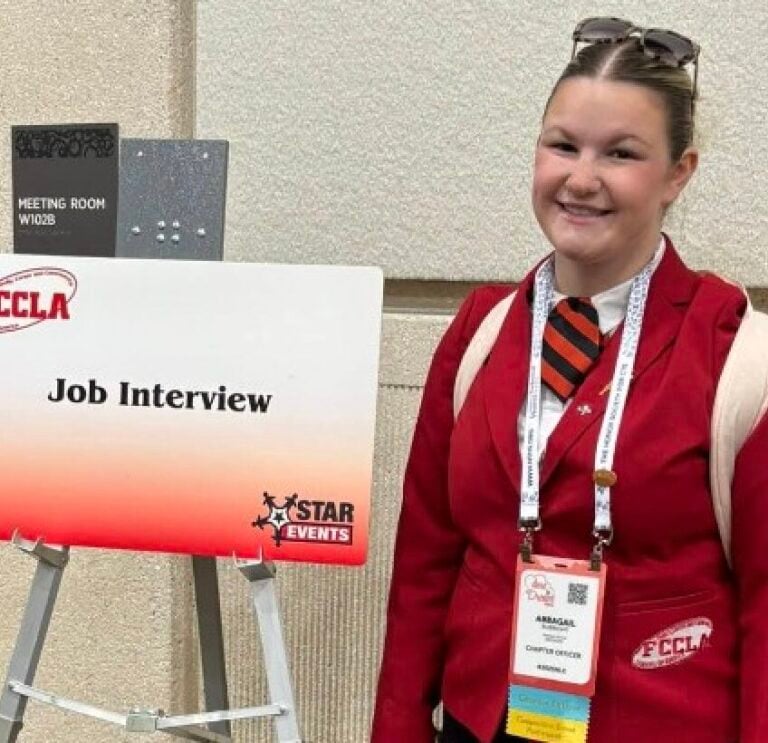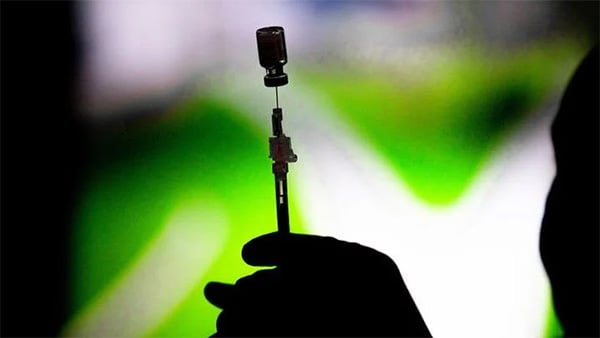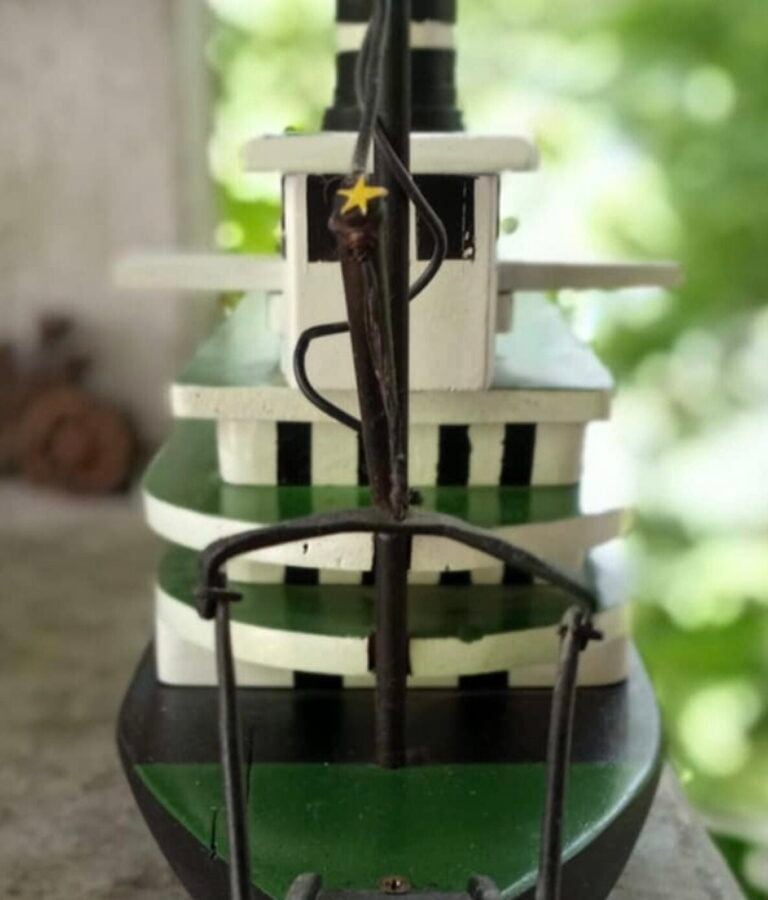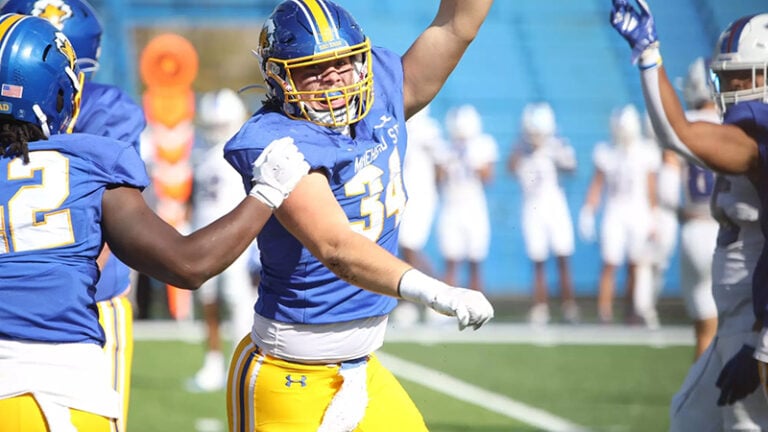By Vicki Prichard
NKy Tribune reporter
The Big Game has come and gone, with its highly anticipated commercials, star-studded half time show, and game-day culinary fare.
It is also an annual reminder of the prevalence of human trafficking, as the event is considered to spur an in increase in trafficking for prostitution.
Northern Kentucky anti-traffickers, however, want the public to remember that it’s an issue they battle year round.

The Human Trafficking Alliance of Kentuckiana says sex trafficking in the U.S. profits more than Google, Nike and Starbucks combined – more than $150 billion – every year. The U.S. Department of State estimates that more than 27 million men, women and children are involved.
A panel of speakers who work in the trenches of Kentucky’s battle against human trafficking came together at the Ft. Thomas Antiques and Design Center to inform and educate on its status in the region.
The Ninth Annual Regional Human Trafficking Conference was sponsored by Northern Kentucky Partners Against the Trafficking of Humans (NKY PATHways), which partners with End Slavery Cincinnati to address the issue of human trafficking.
The focus of this year’s conference was to bring together the workers in the anti-trafficking movement, and identify current gaps.
“Awareness of the issue of human trafficking is growing in Northern Kentucky and people are anxious to find out how to get involved,” says Reegan Hill, co-director of NKY PATHways.
Brian Wright, a task force officer with the FBI’s Child Exploitation Task Force in Louisville, told the audience about a 2014 sex trafficking case that took place in Cincinnati where between 15 and 20 women were being prostituted. When the sex traffickers were busted in Cincinnati, some of those involved, he pointed out, were staying in Northern Kentucky hotels.
“The Cincinnati guy was bringing them through Northern Kentucky,” says Wright. “He was staying in hotels right around here.”
Wright says to date, he hasn’t had a case that originated in Northern Kentucky.
A Newport resident who attended the event said she kept a binder full of information and observations, about unusual activity in her neighborhood, which she felt certain was trafficking.
She turned her documentation over to state police and believes it helped them break the case in her neighborhood. She became suspicious, she says, as she saw a string of unusual activities, particularly a significant number of out of state cars that frequented the home.
“I’d estimate that we had 100 to 150 license plates recorded over a period of two years,” says the woman, who asked not to be identified.
She first suspected it was trafficking, she says, when she saw a young woman escorted into the house by a man and saw men leave the house every half hour.

Wright says human trafficking victims don’t trust police and are terrified.
“A lot of times victims are emotionally or financially tied. They might have kids with the pimp,” Wright said. “Sometimes, from where they came from before, they think they have it good. “
In Kentucky, 352 victims of human trafficking have been identifies. Of those, 197 were trafficked as children.
The most frequently occurring ages of trafficking victims in Kentucky are 15- and 17-year-olds. Kentucky governmental and non-profit agencies have delivered services to more than 432 victims, which includes victims from other states, or those trafficked in other countries.
Of the types of trafficking cases in Kentucky, 78 percent are sex trafficking, 16 percent labor trafficking and three percent both labor and sex trafficking.
Wright says he sees sex and servitude in Louisville and prostitution makes up most of the trafficking he sees, though there are instances of victims forced into labor such as domestic servitude, construction, hotel services and restaurant trafficking.
Among the presenters was Nichole Dathorne, a FBI victims’ specialist who covers Kentucky, including Northern Kentucky. She told the audience that in 2014 the Urban Institute issued a report that revealed that the average weekly income for a pimp in Atlanta was $32,833.
Dathorne says often a human trafficking victim will take drugs to deal with their situation, or has an addiction and is dependent on the trafficker, who uses the drugs as a means of getting them into prostitution.
Locally, anti-trafficking efforts to inform will continue next month with Human Trafficking 101 on March 7 at the Kenton County Library branch at 502 Scott Boulevard in Covington. The event is free and open to the public.
Guest speaker will be Lisa Ramstetter, a human trafficking expert and advocate with Catholic Charities of the Diocese of Covington.
“Awareness of the issue of human trafficking is growing in Northern Kentucky and people are anxious to find out how to get involved,” said Hill.
The Kentucky House of Representatives passed a bill recently that provides the Attorney General with concurrent jurisdiction alongside Commonwealth’s attorneys and county attorneys in the investigation and prosecution of human trafficking. House Bill 229 was sponsored by Rep. Sannie Overly, D- Paris.
NKY PATHways, was developed through initiatives by the Women’s Crisis Center and the Kentucky Rescue and Restore Victims of Trafficking State Coalition.


















To Vicki Prichard, I would like to know more about the Human Trafficking Alliance of Kentuckiana. I cannot find any contact information for this group.